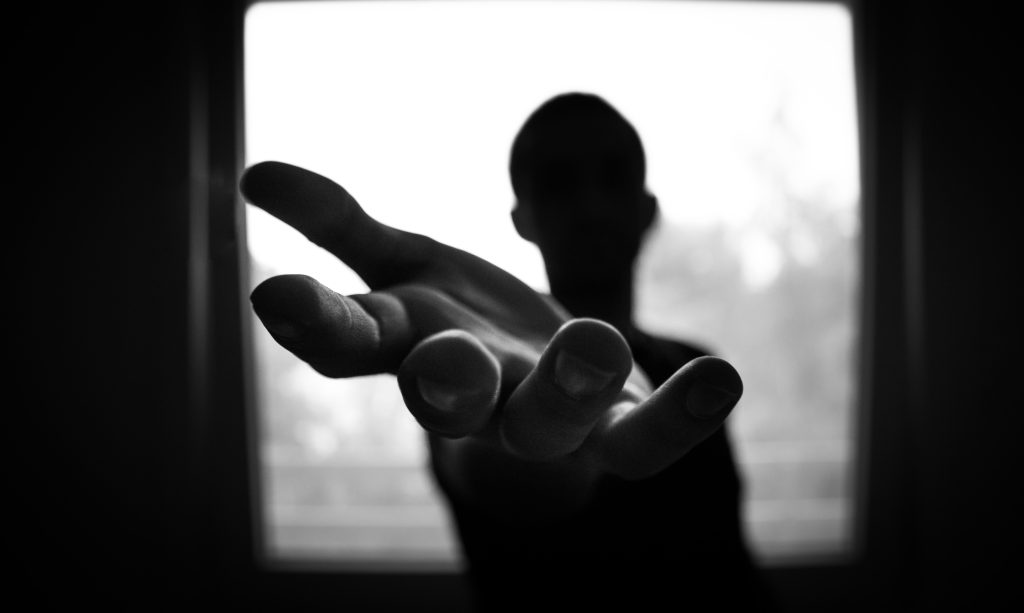Get Resources Today

Your life is just as important as your story. If you need need to share it or work on it we are here for both. Let’s get connected and continue to bring awareness to the struggles of substance abuse and mental health.
- 601 N Walnut St Suite B, La Habra, CA 90631
- UsingMyStory
- 562-568-7872
- © Copyright 2022. All Rights Reserved.